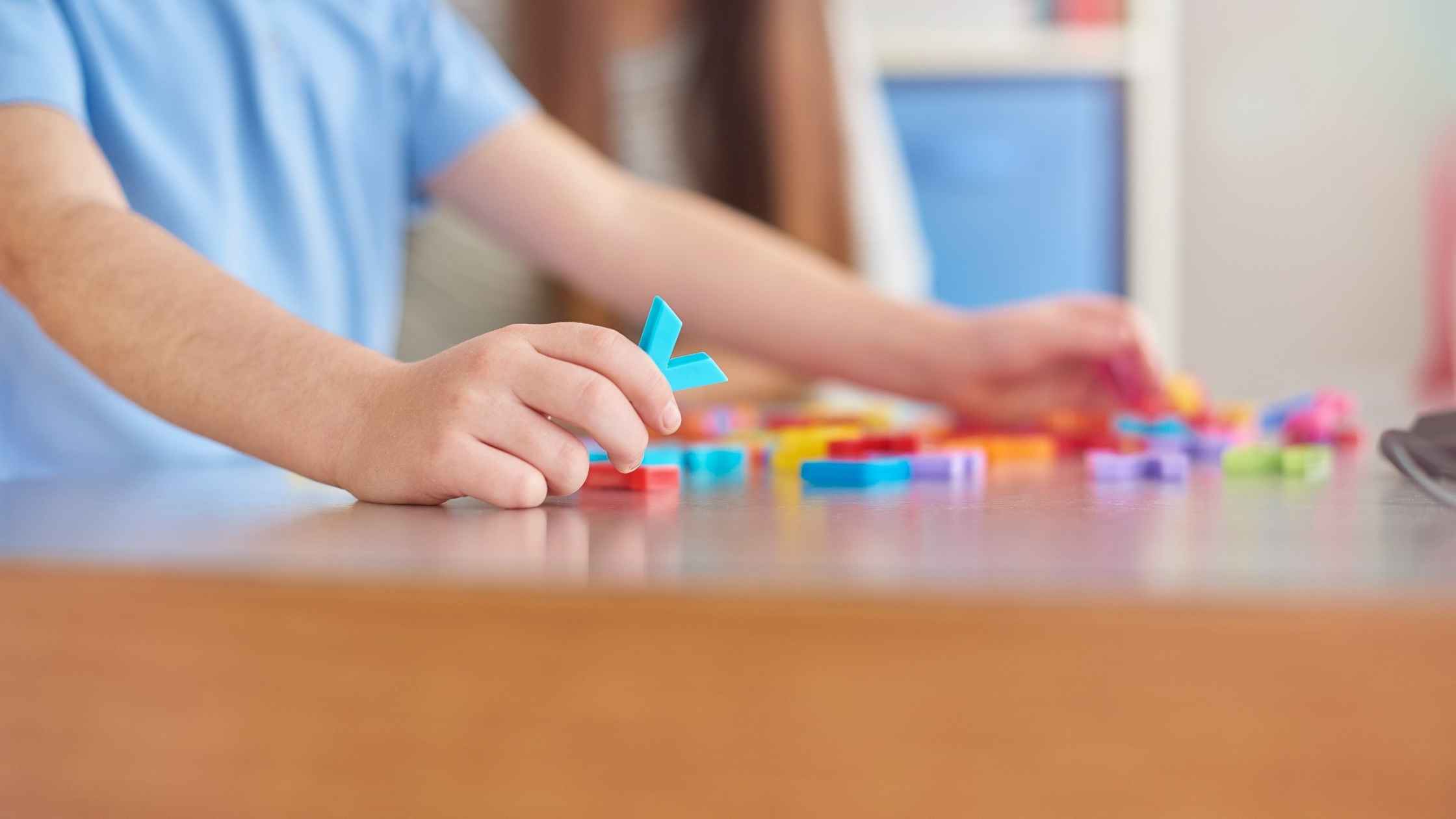

“Play is a method by which a child communicates, and processes information
from the outside world”. Functional and social play skills are an essential
part of their overall development.
Typically, children prefer the company of other children rather than being
alone. However, for children with special needs, playing becomes a
difficult task. They are unable to use toys in an appropriate manner; they
also face difficulty in initiating or engaging themselves in play
activities. Hence, it is important to increase the “motivation to play” in
them and teach various skills which are required to engage in appropriate
play. Find the best
special ed school in Mumbai.
It is important to remember that the idea of ‘toys’ and ‘play’ should be fun and a source of enjoyment for the child. It should not evoke any stress, fear or anxiety in them. Play skills help to develop concepts like colors, shapes, body parts, alphabets, numbers, imitation, sequencing etc. Parents, caregivers and teachers should include variety of activities for different types of play such as:
There are few things that we need to keep in mind while teaching play skills to a child.
Play skills should be taught by breaking down each skill into small sequential steps using a method called ‘chaining’. Changing the rules or order in which a game needs to be played can make a huge difference in the child’s motivation level. Following a structure (set pattern) could help children in learning each skill faster. Another consideration is to designate a specific place at home for the purpose of play, areas that are not too large and have some definable boundaries helps in teaching a child what can or cannot be done.
Strategies for teaching a child how to playHow do inclusive schools benefit a special child? Find the best special ed school in Mumbai.
Children not only need appropriate materials and activities to play with, but also need to be taught ‘how to play’. Play can be taught using a technique called ‘Floortime’. As its name suggests, it encourages parents/caregivers and teachers to engage with children at their level by getting down on the floor. It is a relationship- based therapy for children with special needs. It is also used in combination with ABA therapy techniques. Overall, Floortime aims to help children reach the developmental milestones crucial for emotional and intellectual growth. Depending on the child’s needs, a certified play therapist, ABA therapist or a child psychologist can implement these techniques and even teach these techniques to parents and caregivers. This can have a significant positive impact on a child’s behavior.
Author: Ridhima Sharma
Behaviour Therapist, The Aditya Birla Integrated School
Looking for a special ed school or school for learning disabilities or adhd schools in Mumbai, check out The Aditya Birla Integrated School , an inclusive school with an aim to create happy, confident, balanced and independent learners.
Also read, Famous personalities with learning disabilities
If you think, your child needs special education, please
contact-
https://www.adityabirlaintegratedschool.com/contact
Please contact TABIS for more information on special
learning curriculum and
admissions
,
The Aditya Birla Integrated School,
162-164, D.N. Road, Opposite CST Station.
Fort. Mumbai – 400 001.
Contact No.: +91 8828860611
Office Timing: 9:30am – 12:30pm
E-mail: tabis.info@abet.co.in